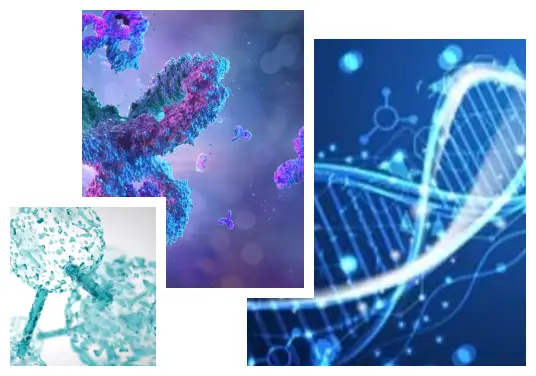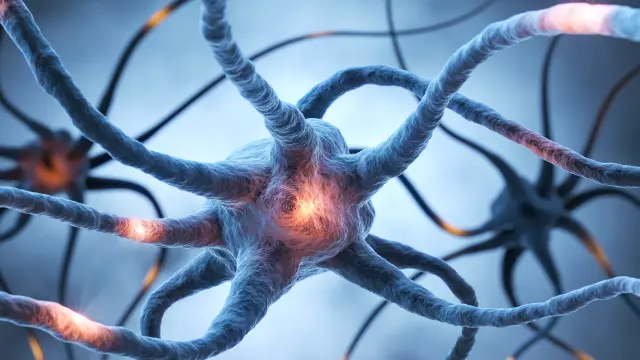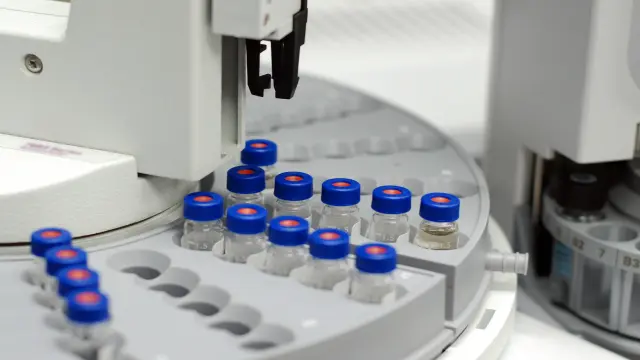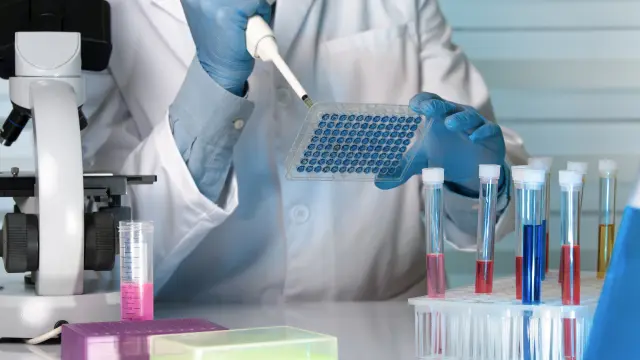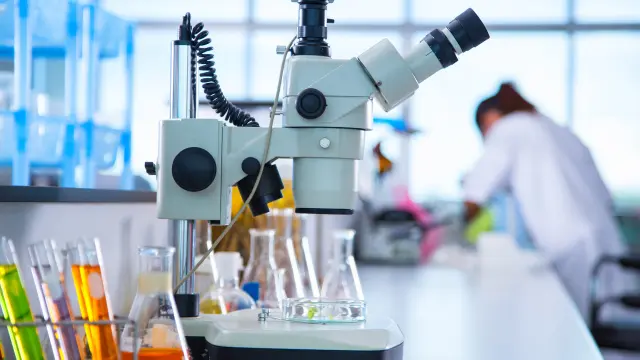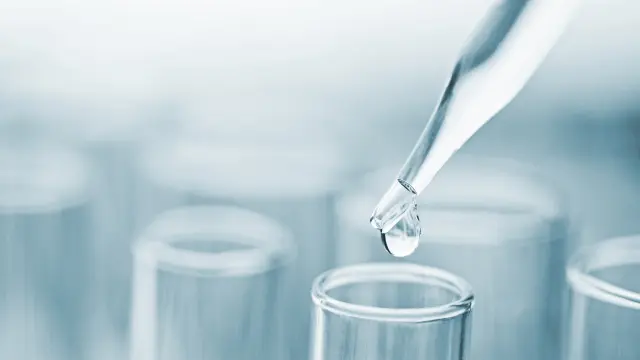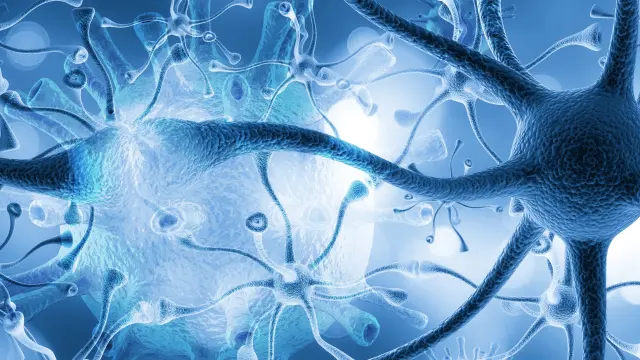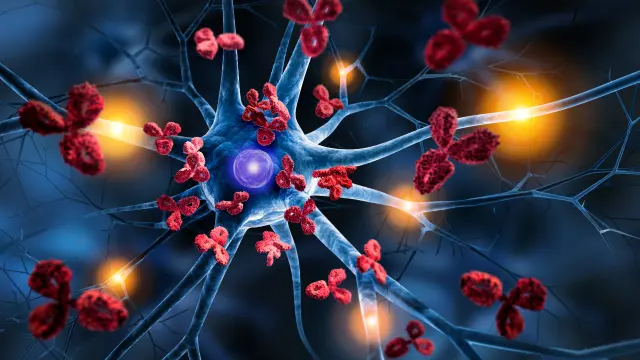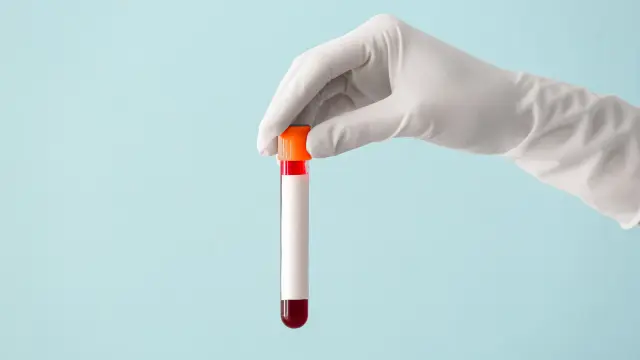What are Biochemical Assays?
Biochemical Assays: Quantify Cellular Processes and Metabolic Reactions
Biochemical assays are analytical methods used to measure and quantify metabolic reactions and cellular processes such as cell signaling and apoptosis. Biochemical assay development and analysis is utilized as a routine, reliable procedure to aid target characterization and enable a useful understanding of biomolecular functions during drug discovery and development. Multiple techniques, including ELISA and Western blotting, exist for quantifying metabolic activity and measuring the functional behavior of biomolecules such as enzymes, proteins, cofactors, and small molecules. Furthermore, biochemical assays can identify protein-protein, protein-RNA, and protein-DNA interactions.
NorthEast BioLab uses biochemical assays for in-vitro studies and drug discovery applications. Our scientists characterize, quantify, and track the activity of several biomolecules using biochemical analysis. The presence and quantity of a biomolecule can be measured using spectrophotometric or gel-based assays with a quick readout or extended biochemical analysis tests spread over several days and weeks. E.g., NorthEast BioLab scientists can conduct an ELISA based biochemical assay using a target-identifying probe or antibody and a secondary reaction like horseradish peroxidase detection.
For spectrophotometric readouts, biochemical detection methods rely on colorimetric, fluorometric, and luminescent reactions.
- Colorimetric/chromogenic reactions show a visible change in color
- Fluorometric/fluorogenic reactions emit a fluorescent signal when excited by a source of light
- Luminescent reactions emit light after a chemical reaction
A full evaluation of the homogeneity, processivity, sensitivity, and reproducibility of biomolecules needs extensive experimentation and high throughput screening (HTS).




























